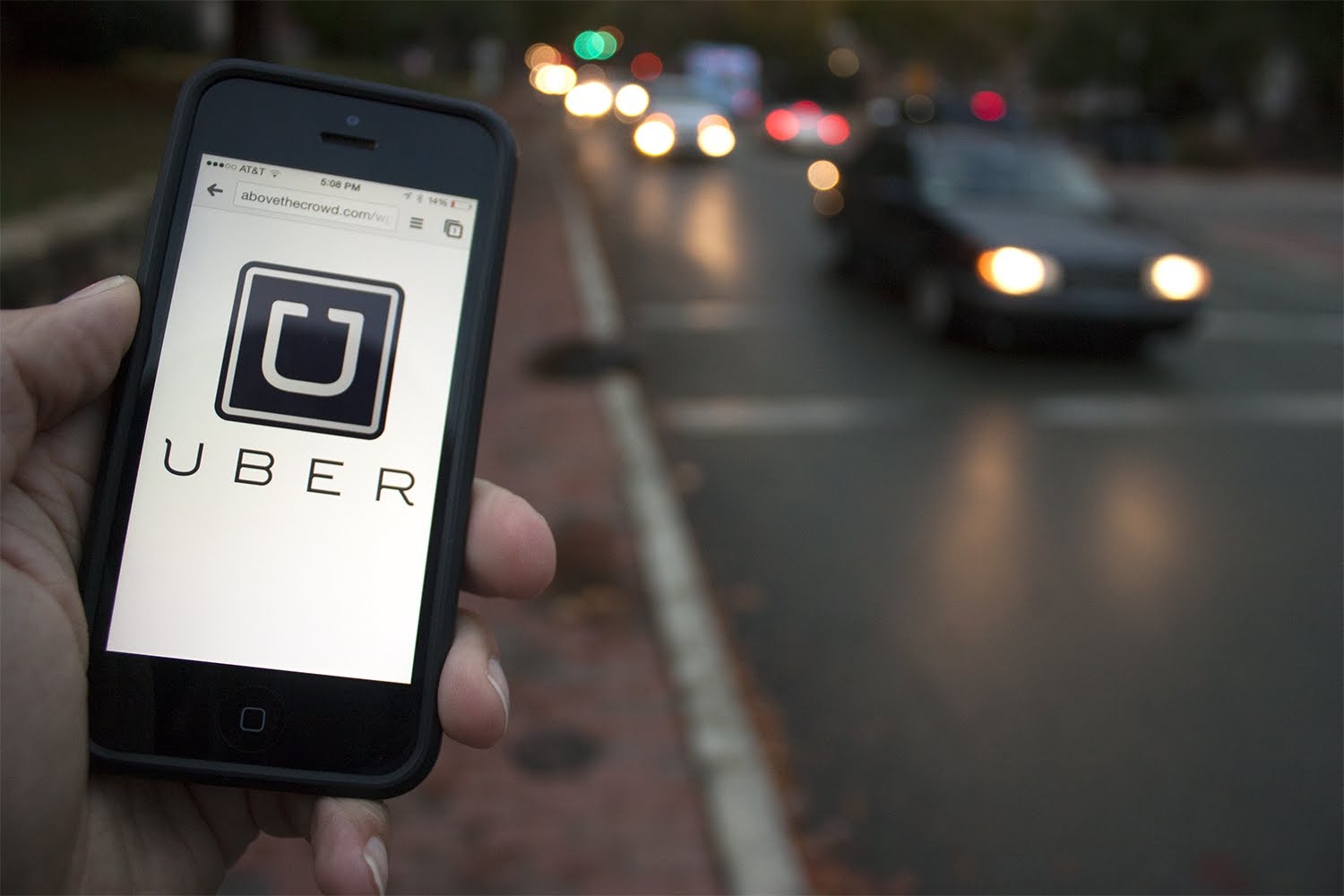
Uber is making headlines once again with another secret software referred to as "Ripley." You may recall the ride-sharing company was the subject of FBI investigations due to its use of computer programs Hell and Greyball. Hell was allegedly used to track and identify drivers who were moonlighting for competing company Lyft. Greyball was software that officials in the firm admittedly used to evade regulators trying to catch Uber drivers who were violating local taxi regulations.
Now Uber is using Ripley to impede investigations into the company occurring in other countries. According to Bloomberg, the company has used the program to remotely “lockdown” computers in foreign offices to prevent police from retrieving records and information. Officers claim that they have gone through the proper channels to obtain information, but that Uber has shut them out.
In one example, the Quebec tax authority in Canda tried to seize records from Uber’s Montreal office in 2015. The company was under investigation for tax violations, and authorities had warrants to take any relevant files.
According to Bloomberg’s sources, Uber managers alerted the San Francisco headquarters of the raid and HQ used Ripley to lock up the computers in the Montreal office.
“Like managers at Uber’s hundreds of offices abroad, they’d been trained to page a number that alerted specially trained staff at company headquarters in San Francisco. When the call came in, staffers quickly remotely logged off every computer in the Montreal office, making it practically impossible for the authorities to retrieve the company records they’d obtained a warrant to collect. The investigators left without any evidence.”
Uber subsequently complied with authorities when the judge issued a second warrant.

“From spring 2015 until late 2016, Uber routinely used Ripley to thwart police raids in foreign countries, say three people with knowledge of the system. “
The software allegedly allows headquarters personnel to remotely change passwords and log out of any company-owned desktops, laptops, or even smartphones. It was officially called “the unexpected visitor protocol,” but employees who knew about it nicknamed it Ripley after the main character in the Alien movie franchise. Reportedly the name was a reference to a line in the movie Aliens.
In the film, a squad of troops is wiped out by the aliens, and Ripley says, “Nuke the entire site from orbit. It’s the only way to be sure.”
Uber defends the use of the software in a statement claiming that it is used to protect customer data and ensure the searches being conducted are legitimate.
“Like every company with offices around the world, we have security procedures in place to protect corporate and customer data. When it comes to government investigations, it’s our policy to cooperate with all valid searches and requests for data.”
To be fair, many companies employ similar tactics. Doing so allows executives time to review warrants before granting access to investigators. However, what is out of the ordinary in this case it how frequently Ripley has been employed.
According to sources, the program was activated more than 24 times in less than a two-year period. In addition to Montreal, Ripley has been executed at offices in Amsterdam, Brussels, Hong Kong, and Paris.